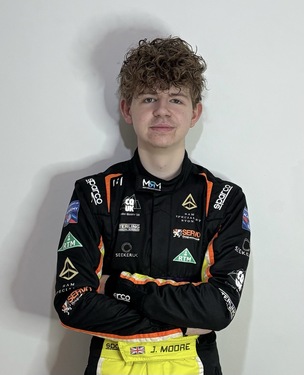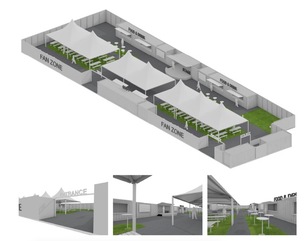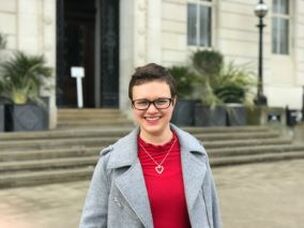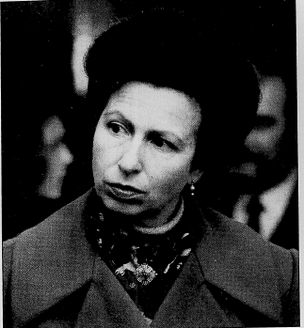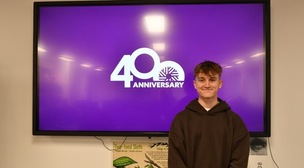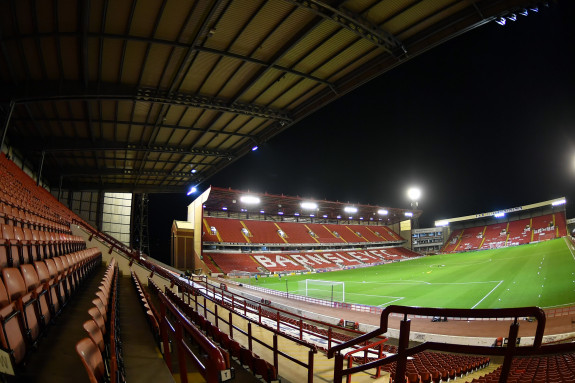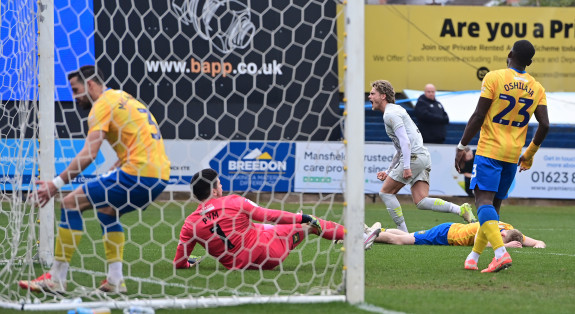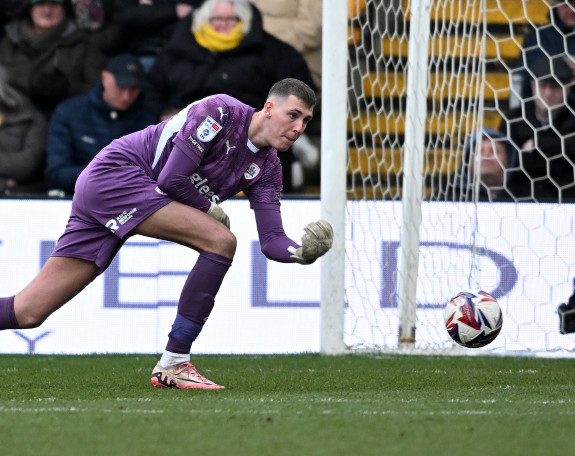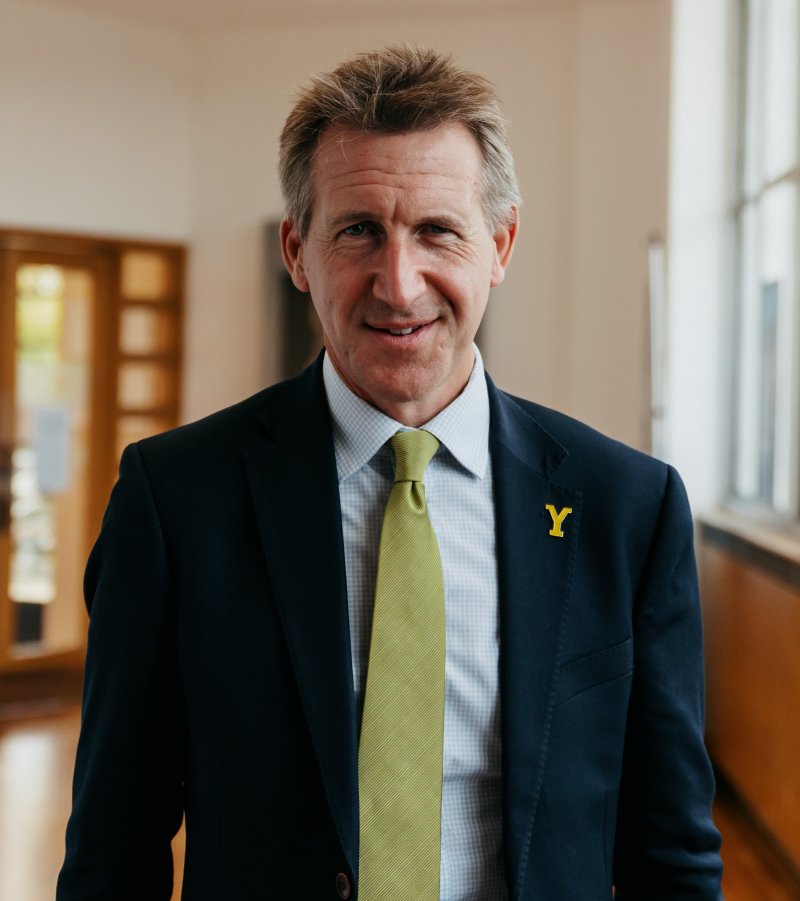I’ve always enjoyed standing up in a room and reading a poem to a delighted (or snoring, or talking amongst themselves, or getting up to got to the bar to buy a pint) crowd.
There’s something almost timeless about hearing somebody say your name and then you make your way across the room and you stand there, sometimes on a stage, sometimes not, and you clutch your sheaf of poems in your sweaty palms, or if you’re organised, in a folder marked MY POEMS and then you start to read.
And then you’re a bard, or a troubadour, or a travelling performer, and you’re part of a long tradition that stretches back all the way to what scientists call The Dawn of Time and which will continue tonight (if you’re reading this on Friday, and last night if you’re reading it on Saturday) at Darfield Museum at 18.30 when we’re having an open mic session where you can come along and read a poem and listen to other people reading their poems and you can have a cup of tea and biscuit and your words will hang in the air and then they’ll be wafted around the room by the applause of the crowd.
The term open mic is a fairly new one, in literary terms. When I was first starting out in the poetry writing and performing game in the early 1970s there weren’t many placed where the aspiring poemer could project their deathless verse into a room, and so me and my mate Martyn would take our poems to the singers’ nights at the local folk clubs, where the audiences enjoyed and were very welcoming of a wide range of skills and abilities and forms and genres.
Someone, in landlocked Barnsley, would sing a sea shanty. Someone would perform a Marriott Edgar monologue. Someone would sing a song they’d written themselves in the style of Jake Thackray, and then me and my mate would get up and read poems. And there would be laughter, and there would be applause.
In the late 1970s and early 1980s there was a phenomenon called Cabaret Poetry or New Cabaret where organisations like the London-based agency Apples and Snakes would put on evenings in pubs and community centres where a poet would be on with a musician and a comedian and maybe a novelty act like a musician.
Again, these were places to hone your craft and your skill, placed where, on the whole, you knew that the audiences would be welcoming and broad-minded or at least tolerant.
These days the open mic is everywhere and in most towns on many nights of the week you’ll be able to find one. They’re often temporary phenomena, too; they’ll start off in a pub room and go well for a few months and then they’ll disappear and spring up somewhere else. Old hands can somehow sniff them out, like they’re a rare mushroom, and they seem to know where and when they’re happening even before the organiser does.
Well, I’m the organiser, along with the redoubtable Jeff Platts, of the open mic night at Darfield Museum tonight and the first thing to say is that there won’t be a mic because the room isn’t big enough to warrant a microphone.
In fact, if I’m being honest a lot of the rooms where they have open mic nights don’t really warrant a microphone but I know that they’re useful things to stand behind if you’re a bit nervous and if your voice isn’t very strong. But anyway, you won’t need one at Darfield Museum and if you’ve got a quiet voice I promise we’ll all lean forward attentively.
Sometimes people would like to come along to one of these sessions but they think that their poetry isn’t any good; well I’m here to tell you that your poetry is as good as anybody else’s and the thing about an open mic is in that word ‘open’; we’re open to all. And if you haven’t written any poems, just bring one along that you like, maybe one that your grandma used to recite to you when you were little. And if you haven’t got any poems, just come along and tell us a story.
I’ll see you all there. Darfield Museum, Friday at 18.30. Or 6.30pm in the old money!


